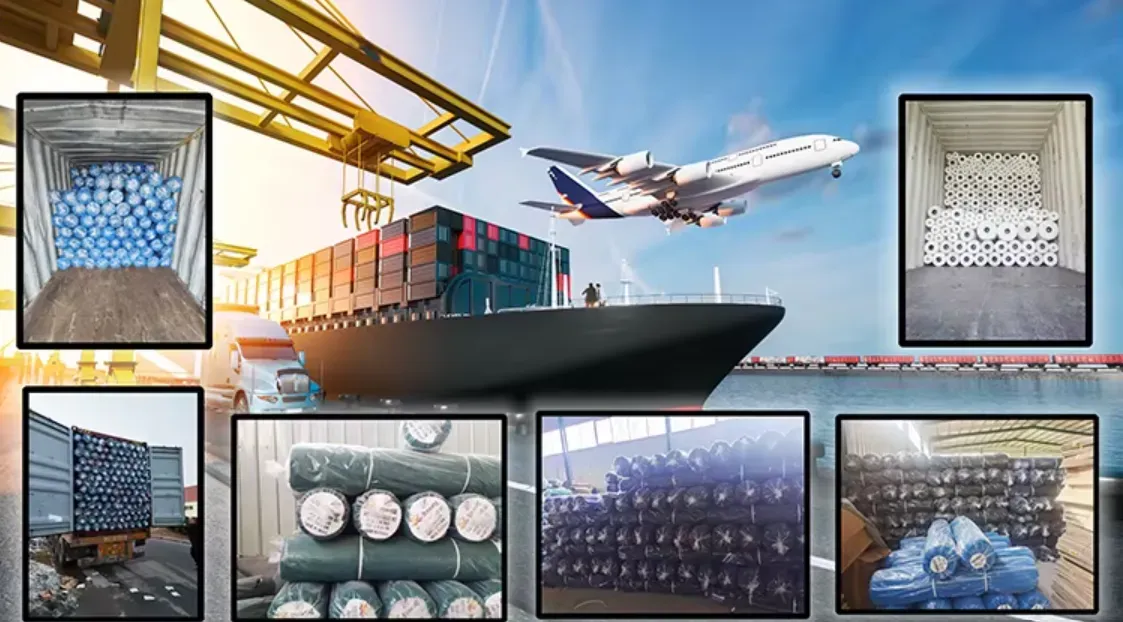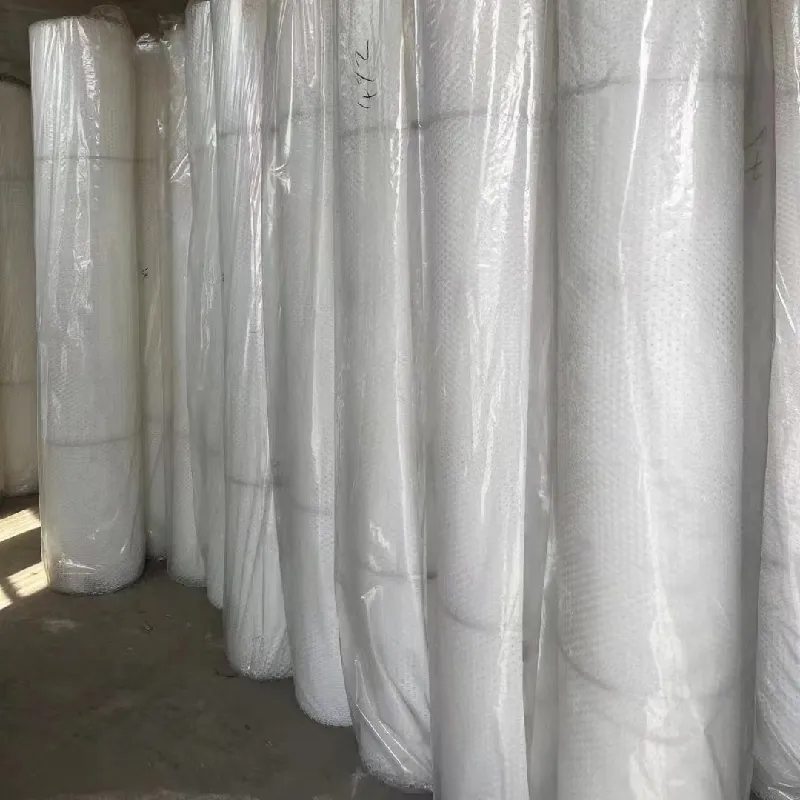-
 Afrikaans
Afrikaans -
 Albanian
Albanian -
 Amharic
Amharic -
 Arabic
Arabic -
 Armenian
Armenian -
 Azerbaijani
Azerbaijani -
 Basque
Basque -
 Belarusian
Belarusian -
 Bengali
Bengali -
 Bosnian
Bosnian -
 Bulgarian
Bulgarian -
 Catalan
Catalan -
 Cebuano
Cebuano -
 China
China -
 Corsican
Corsican -
 Croatian
Croatian -
 Czech
Czech -
 Danish
Danish -
 Dutch
Dutch -
 English
English -
 Esperanto
Esperanto -
 Estonian
Estonian -
 Finnish
Finnish -
 French
French -
 Frisian
Frisian -
 Galician
Galician -
 Georgian
Georgian -
 German
German -
 Greek
Greek -
 Gujarati
Gujarati -
 Haitian Creole
Haitian Creole -
 hausa
hausa -
 hawaiian
hawaiian -
 Hebrew
Hebrew -
 Hindi
Hindi -
 Miao
Miao -
 Hungarian
Hungarian -
 Icelandic
Icelandic -
 igbo
igbo -
 Indonesian
Indonesian -
 irish
irish -
 Italian
Italian -
 Japanese
Japanese -
 Javanese
Javanese -
 Kannada
Kannada -
 kazakh
kazakh -
 Khmer
Khmer -
 Rwandese
Rwandese -
 Korean
Korean -
 Kurdish
Kurdish -
 Kyrgyz
Kyrgyz -
 Lao
Lao -
 Latin
Latin -
 Latvian
Latvian -
 Lithuanian
Lithuanian -
 Luxembourgish
Luxembourgish -
 Macedonian
Macedonian -
 Malgashi
Malgashi -
 Malay
Malay -
 Malayalam
Malayalam -
 Maltese
Maltese -
 Maori
Maori -
 Marathi
Marathi -
 Mongolian
Mongolian -
 Myanmar
Myanmar -
 Nepali
Nepali -
 Norwegian
Norwegian -
 Norwegian
Norwegian -
 Occitan
Occitan -
 Pashto
Pashto -
 Persian
Persian -
 Polish
Polish -
 Portuguese
Portuguese -
 Punjabi
Punjabi -
 Romanian
Romanian -
 Russian
Russian -
 Samoan
Samoan -
 Scottish Gaelic
Scottish Gaelic -
 Serbian
Serbian -
 Sesotho
Sesotho -
 Shona
Shona -
 Sindhi
Sindhi -
 Sinhala
Sinhala -
 Slovak
Slovak -
 Slovenian
Slovenian -
 Somali
Somali -
 Spanish
Spanish -
 Sundanese
Sundanese -
 Swahili
Swahili -
 Swedish
Swedish -
 Tagalog
Tagalog -
 Tajik
Tajik -
 Tamil
Tamil -
 Tatar
Tatar -
 Telugu
Telugu -
 Thai
Thai -
 Turkish
Turkish -
 Turkmen
Turkmen -
 Ukrainian
Ukrainian -
 Urdu
Urdu -
 Uighur
Uighur -
 Uzbek
Uzbek -
 Vietnamese
Vietnamese -
 Welsh
Welsh -
 Bantu
Bantu -
 Yiddish
Yiddish -
 Yoruba
Yoruba -
 Zulu
Zulu
Jan . 28, 2025 04:36
Back to list
Bird Proof Netting Stretchy Bird Netting for Garden
Steel sieve mesh has become an essential component in various industrial applications due to its durability, versatility, and efficiency. With an increasing reliance on advancements in technology and precision manufacturing, selecting the right steel sieve mesh is crucial for ensuring optimal performance. This guide is designed to impart an understanding of steel sieve mesh from a practical, professional, authoritative, and trustworthy perspective.
When assessing the authoritativeness of steel sieve mesh, its compliance with international standards, such as ISO and ASTM, is a testament to its reliability. Manufacturers employ rigorous testing processes to uphold the mesh’s structural integrity and filtration performance. Professionals often recommend sourcing from certified manufacturers who adhere strictly to these standards to ensure the material’s quality and performance consistency, which is paramount in industries where safety and precision are non-negotiable. Trustworthiness in the use of steel sieve mesh extends to its environmental and health impacts. Stainless steel, being recyclable, presents an eco-friendly option in material handling and processing. It does not leach harmful chemicals, making it safe for use in food and medical applications. Additionally, the mesh’s fine, controlled structure helps in reducing waste by ensuring only desired particle sizes pass through, thus enhancing operational efficiency. In conclusion, selecting the right steel sieve mesh involves considering aspects such as weave type, mesh size, material quality, and compliance with industry standards. The material not only needs to match the operational requirements but also reinforce the overall efficiency and safety of the process. Consulting with engineers and experts in sieve technology can provide invaluable insights and recommendations tailored to specific industrial needs. True to its reputation, steel sieve mesh remains a cornerstone in material processing applications, offering reliability, sustainability, and precision.


When assessing the authoritativeness of steel sieve mesh, its compliance with international standards, such as ISO and ASTM, is a testament to its reliability. Manufacturers employ rigorous testing processes to uphold the mesh’s structural integrity and filtration performance. Professionals often recommend sourcing from certified manufacturers who adhere strictly to these standards to ensure the material’s quality and performance consistency, which is paramount in industries where safety and precision are non-negotiable. Trustworthiness in the use of steel sieve mesh extends to its environmental and health impacts. Stainless steel, being recyclable, presents an eco-friendly option in material handling and processing. It does not leach harmful chemicals, making it safe for use in food and medical applications. Additionally, the mesh’s fine, controlled structure helps in reducing waste by ensuring only desired particle sizes pass through, thus enhancing operational efficiency. In conclusion, selecting the right steel sieve mesh involves considering aspects such as weave type, mesh size, material quality, and compliance with industry standards. The material not only needs to match the operational requirements but also reinforce the overall efficiency and safety of the process. Consulting with engineers and experts in sieve technology can provide invaluable insights and recommendations tailored to specific industrial needs. True to its reputation, steel sieve mesh remains a cornerstone in material processing applications, offering reliability, sustainability, and precision.
Next:
Latest news
-
Shipping Plastic Bags for Every NeedNewsJul.24,2025
-
Safety Netting: Your Shield in ConstructionNewsJul.24,2025
-
Plastic Mesh Netting for Everyday UseNewsJul.24,2025
-
Nylon Netting for Every UseNewsJul.24,2025
-
Mesh Breeder Box for Fish TanksNewsJul.24,2025
-
Expanded Steel Mesh Offers Durable VersatilityNewsJul.24,2025











